|
Prior to the Second World War, the concept of human rights wasn’t part of the world’s vernacular. That changed when the United Nations passed the Universal Declaration of Human Rights on Dec. 10, 1948. Rhoda Howard-Hassmann, Professor Emeritus in the Department of Political Science at Wilfrid Laurier University, looks at the current state of human rights laws around the world.
Other stories for your consideration today:
-
An art exhibit at Western University featuring the work of Canadian artist Andil Gosine looks at the “brown sugar diaspora,” which includes descendants of indentured Indian labourers shipped to sugar plantations in the Caribbean in the 19th century.
-
Alexandria Ocasio-Cortez, a new member of the U.S. Congress who has become the face of progressive politics in that country, is advocating for a “Green New Deal” – an ambitious effort to confront both climate change and social inequality. Should Canada do the same?
-
The images a few weeks ago of families with small children fleeing tear gas canisters, pepper spray and flash bang grenades is part of Donald Trump’s propaganda campaign to portray people in the migrant caravan as invaders. The reality is quite different.
And finally…the recent announcement that General Motors is shutting traditional auto-making plants to focus more on autonomous vehicles has left many of us wondering what the future of driving looks like. Jim Davies of the Institute of Cognitive Science at Carleton University helps us imagine how self-driving cars could transform communities in a good way.
Regards,
|
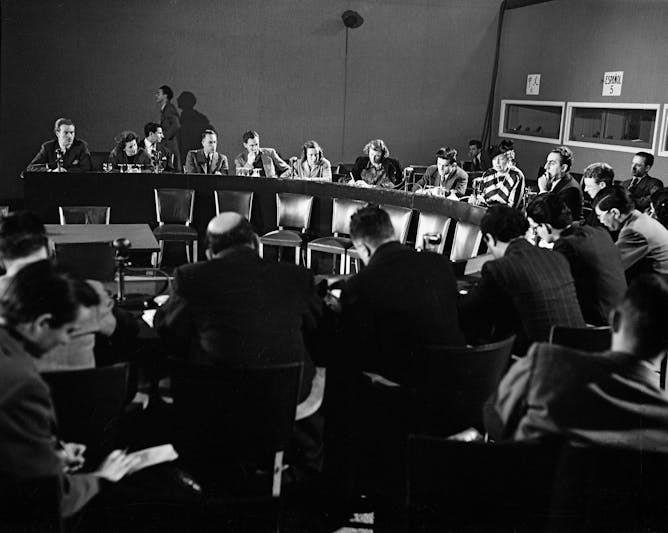
Eleanor Roosevelt, Chairman of Human Rights Commission, and Charles Malik, Chairman of the General Assembly’s Third Committee (second from right), during a press conference after the completion of the Declaration of Human Rights in December 1948.
UN Photo
Rhoda E. Howard-Hassmann, Wilfrid Laurier University
Dec. 10, 2018 is the 70th anniversary of the Universal Declaration of Human Rights, proclaimed in 1948 by the United Nations General Assembly.
|
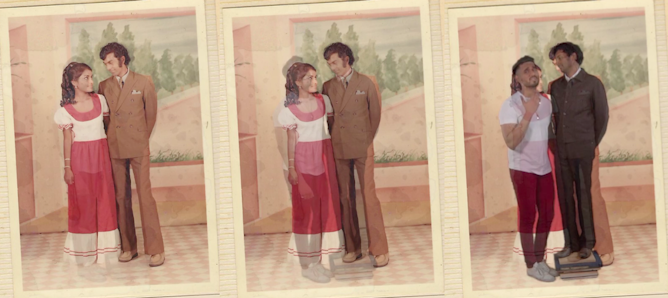
‘(Made in Love)’ is a video installation built around local photography studio images.
Andil Gosine
Nalini Mohabir, Concordia University
A video art installation on view at the McIntosh Gallery until Jan. 12 explores the history of South Asian indentured labourers in the Caribbean.
|
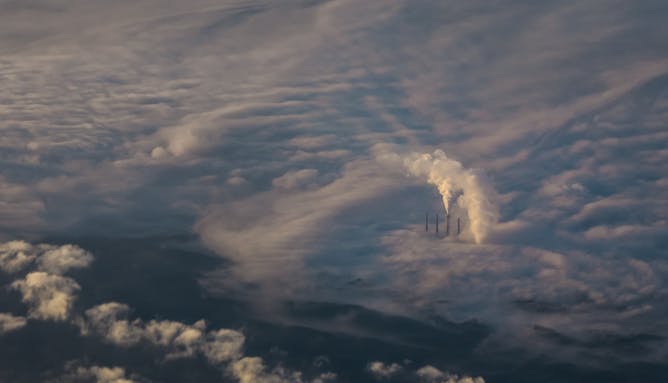
Coal smokestacks are seen peeking through the clouds in Kentucky. Both Canada and the U.S. need Green New Deals to help create healthy and sustainable economies that are no longer reliant on fossil fuels.
Nik Shuliahin/Unsplash
D.T. Cochrane, York University, Canada
A Green New Deal would confront both climate change and social inequality. Its prospects in the United States are uncertain, but Canada should endeavour to develop one of its own anyway.
|
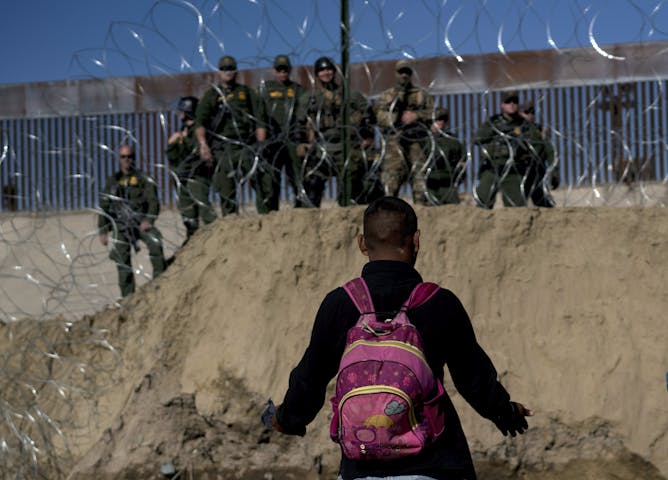
In this Nov. 25, 2018 photo, a Honduran migrant converses with U.S border agents on the other side of razor wire after they fired tear gas at migrants pressuring to cross into the U.S. from Tijuana, Mexico.
(AP Photo/Ramon Espinosa)
Stephanie J Silverman, University of Toronto
The Donald Trump administration is repelling asylum-seekers by any means necessary, treating them as invaders and using military rhetoric to demonize them. It's time for reality to prevail.
|
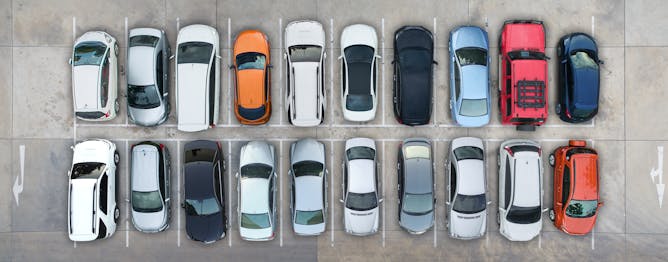
An increase in the use of self-driving cars will change parking requirements in the city.
Shutterstock
Jim Davies, Carleton University
An increase in the use of self-driving cars will change parking infrastructure in cities, and hopefully result in more colourful character neighbourhoods.
|

La régénération culturelle, spirituelle, économique et politique des nations autochtones passe d’abord et avant tout par une prise en charge par ces nations de leur propre destinée.
Shutterstock
Martin Papillon, Université de Montréal
La régénération culturelle, spirituelle, économique et politique des nations autochtones passe d’abord et avant tout par une prise en charge par ces nations de leur propre destinée.
|
The Brexit Mess
|
-
Andy Price, Sheffield Hallam University
We can't agree what the 'will of the people' was in 2016, but these are the representatives they elected in 2017.
-
Simon Usherwood, University of Surrey
It might have looked like her only choice, but postponing the vote was the wrong move for a weak prime minister.
-
David Phinnemore, Queen's University Belfast
The EU doesn't want a temporary solution to become permanent.
|
|